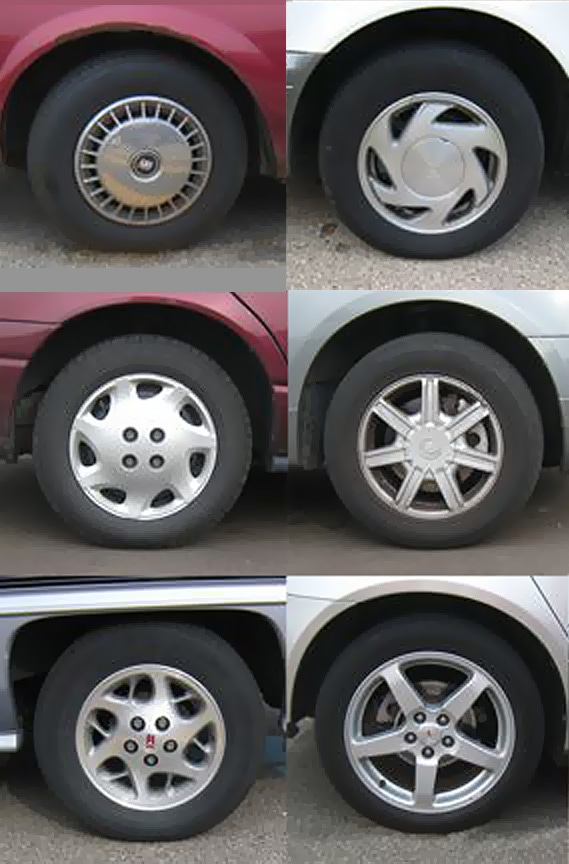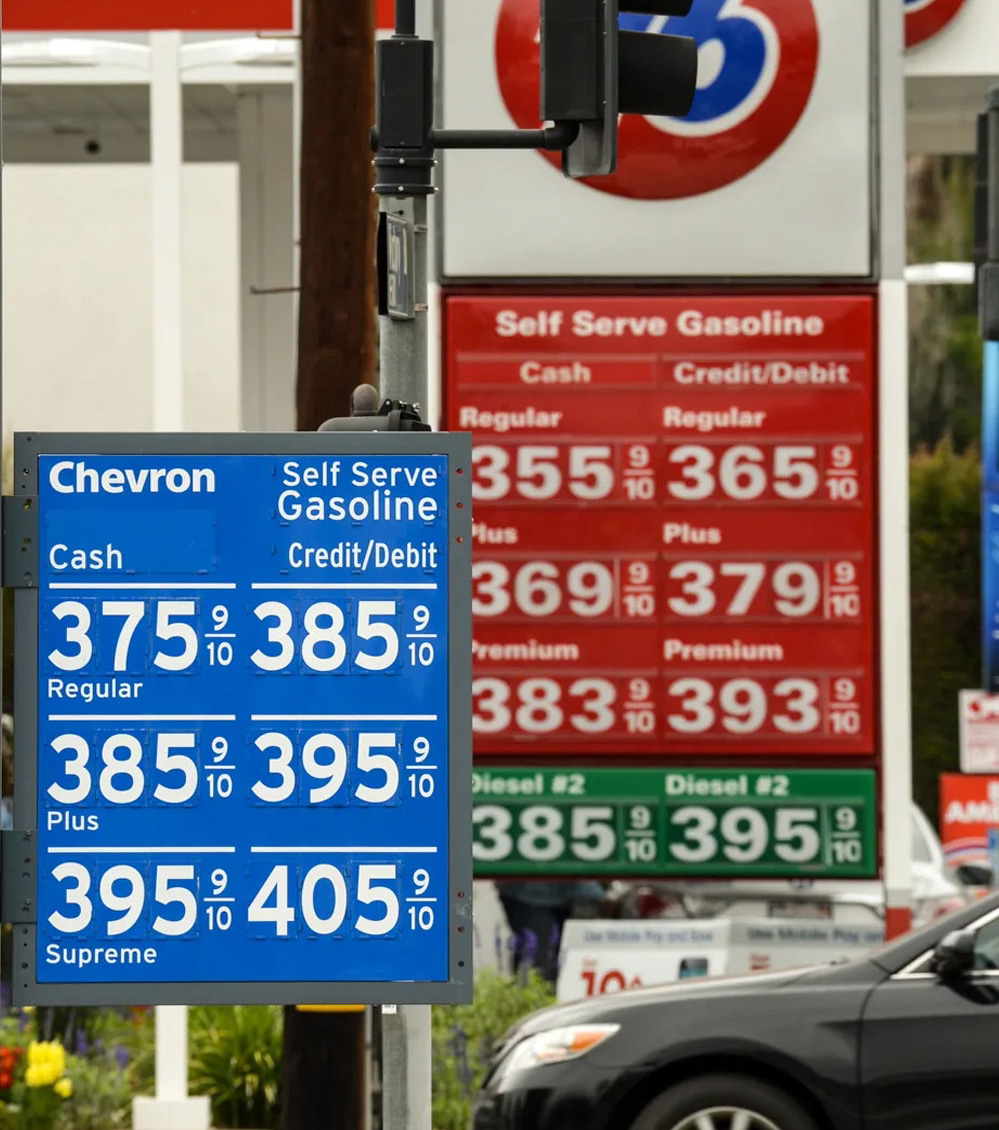Yes, government-run businesses are often less efficient than those capitalistic ones trying to make a profit. But you can’t keep holding up the U. S. Postal Service and Amtrak as examples of this tendency.
In the first case, Federal Express and United Parcel Service don’t have to deliver campaign literature, snail spam, and glossy catalogs to every house in the country on every day but Sunday through sleet and snow, rain and hail. And if these for-profit companies had to delivered post cards, it would probably cost a buck-something instead of 40 some-cents.

In the second case, Amtrak (or The National Railroad Passenger Corporation) owes its existence to the fact passenger rail service was killing the great private railroad companies like Southern Pacific and the Atchison, Topeka and Santa Fe Railway which were making lots of money in the freight business. And let’s face it, you can’t containerize human cargo.
But let’s not forget that capitalism does produce its own inefficiencies. Take car wheels—you know, those shiny things that automobile tires are mounted on. Did you ever notice that practically every model of every car brand has a unique wheel or wheel cover? Each has different angles and curves, swirls and spokes, some with lugnuts, some without. And often each design is changed each year. Now think about it—when is the last time you looked at a car’s wheels and thought, “Boy, those are spiffy. I wish I had a set of those.” Do you think a potential buyer would pause and say, “I really like this car, but the wheel covers are out of style.” Be honest, would any of the wheels shown in the picture here affect your car-buying decision?

Of course not. Virtually no one cares what wheels look like. Any one of them is just as pretty as the next. Yet all capitalistic car companies pay part of their profits to some artists sitting somewhere designing stylish circles of aluminum and steel. And those companies pay again to have the wheels cast into production parts, and then again to stock their medley of metal drums and disks. And the clincher is that the best wheel design, one that reduces drag and improves mileage, would be a simple, flat, unadorned disc covering the wheel hub.
Then there are gas stations—all trying to make meager profits after the big oil companies take their cut. Just about every single petroleum outlet in the United States posts their prices on gigantic signs by the curb. And, like “amen” after a prayer, each price per gallon has that perfunctory 9 tenths of a cent stuck on it.

Why? Because owners think if they raised the price by a tenth of a cent—one crumby mil, like from $2.769 to $2.77—people will think there is a penny’s difference. So every station pays the devil and nobody wins. Shades of the “prisoner’s dilemma.”
Think of the waste. Extra ink and pixels in advertising, extra gears and systems in the pump to compute the pumping totals, extra man-hours diddling in penny-ante details. And now that they’re using LEDs for those outdoor displays, that extra little unchanging digit takes upwards to 50 little bulbs resulting is a waste of hundreds of thousands of kilowatt hours each year across the country. Here is where a government mandate might help: “Petroleum prices shall be advertised and charged to the nearest whole cent.”

And let’s not forget how all the TV sports broadcasts throw money down the drain. Whenever they break from the game to give you an update on another game, or to show a recap of the scoring, or to play some historical footage, there is always that same spirited cacophony of guitar and drums competing with the announcer. (I could swear it’s always the exact same song fragment, regardless of network or event.) And when gaudy graphics spiral and cartwheel across the screen, sneaky mechanical thumps and clicks seem to whisper, “Aren’t we audio guys clever.”
Now I ask, why does every director of a TV sporting event think that without this noise viewers will not appreciate the message, or worse, will change the channel? How much are they paying some audio mixer to dabble in din? Do all those irrelevant songs and sounds entertain? Do they increase network profits? It’s hard to believe.
So, is capitalism great? I guess… but hold the music.